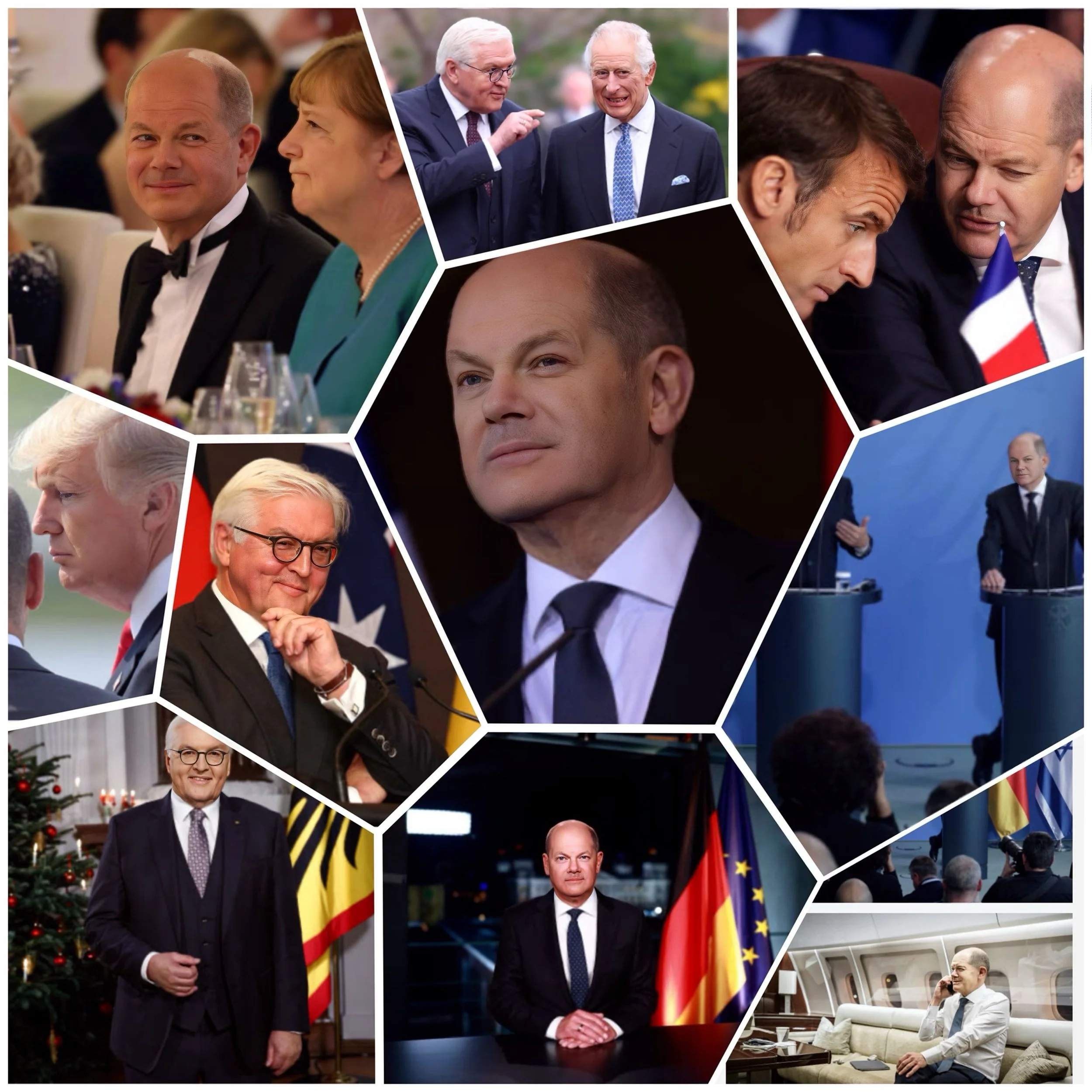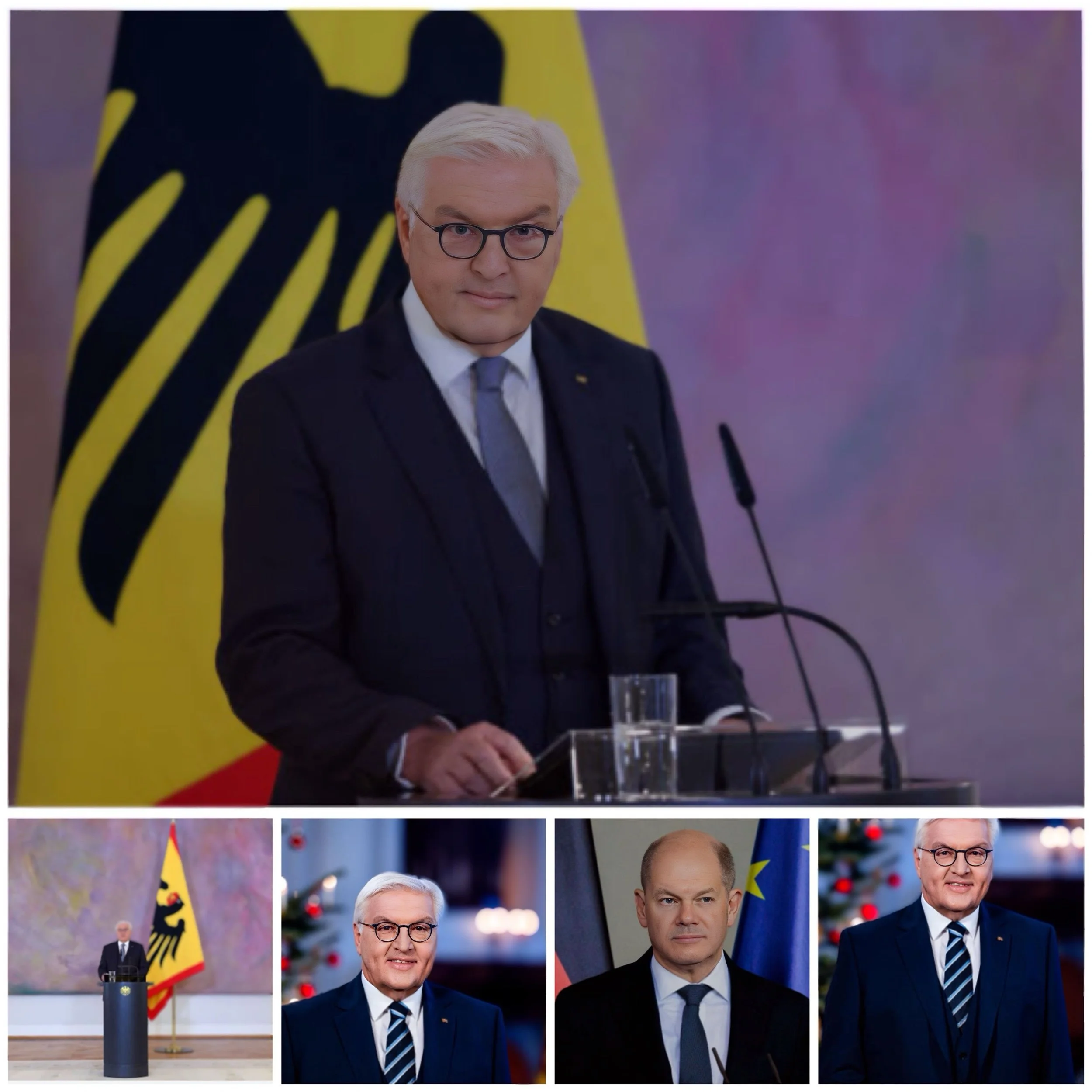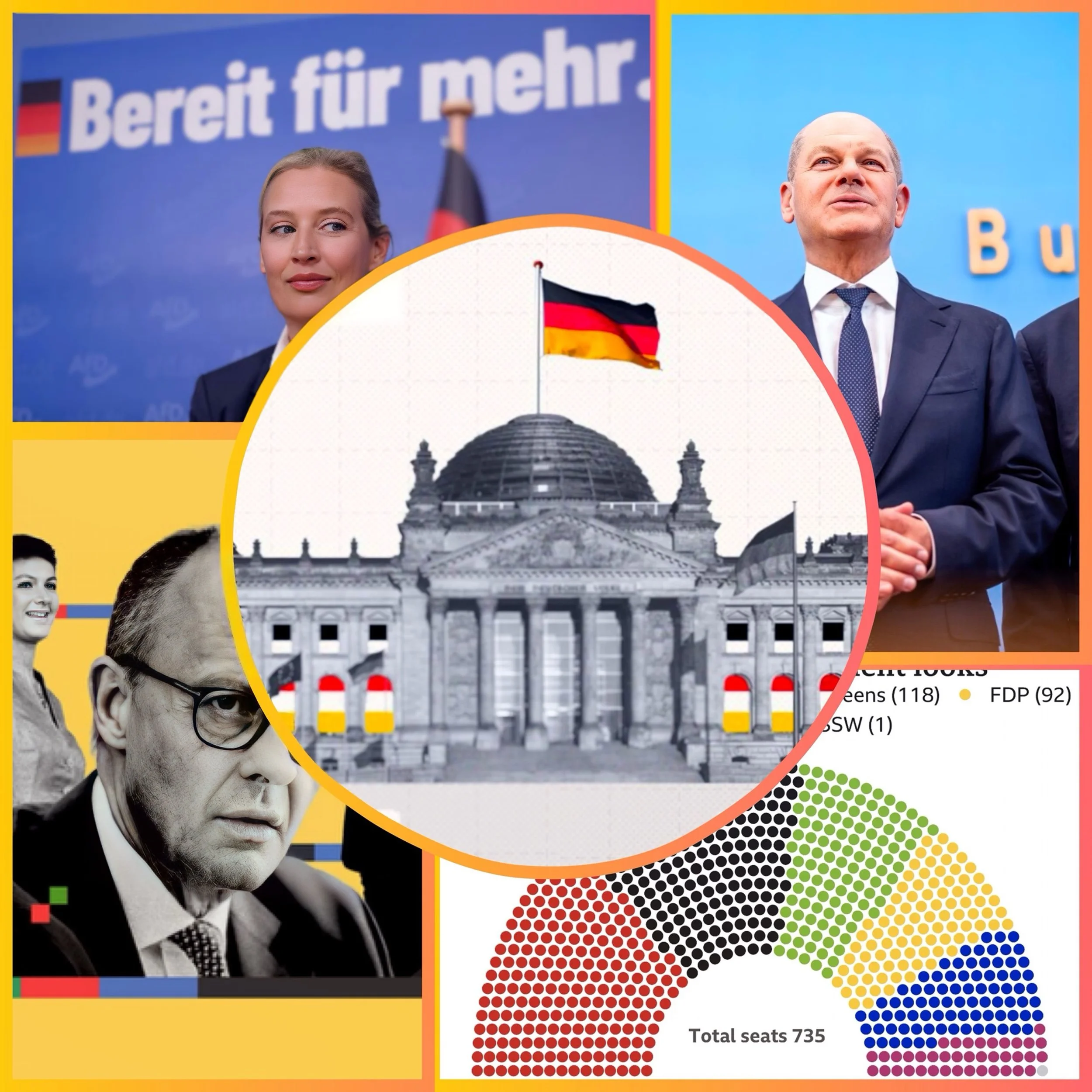Instability in Europe - Now it’s Germany
Introduction
German Chancellor Olaf Scholz has indeed lost a no-confidence vote in the Bundestag on Monday, December 16, 2024. This outcome was anticipated and even desired by Scholz himself, as it paves the way for early elections in Germany.
Early Elections
The next federal election in Germany is now scheduled for February 23, 2025, approximately seven months earlier than originally planned.
This early election date was agreed upon by leaders of major political parties.
Constitutional Process
President Frank-Walter Steinmeier now has a crucial role in the process:
He has 21 days to decide on dissolving the Bundestag.
Once the Bundestag is dissolved, elections must be held within 60 days.
Steinmeier is expected to hold discussions with various parliamentary factions before officially dismissing the lawmakers.
Caretaker Government
Until the new government is formed after the elections, Scholz’s administration will transition into a caretaker role.
This means the current government will continue to manage the country but without full parliamentary support.
Campaign Period
The electoral campaign is effectively already underway.
Major parties and their leaders are positioning themselves for what is expected to be a highly competitive election.
Political Landscape
Current polls suggest a potential shift in Germany’s political landscape:
The Christian Democratic Union (CDU), led by Friedrich Merz, is leading in many polls.
Scholz’s Social Democratic Party (SPD) is currently lagging behind in the polls.
The far-right Alternative for Germany (AfD) is showing strong support in recent projections.
Conclusion
The upcoming election will be crucial in determining Germany’s future direction, particularly in areas such as economic policy, defense spending, and migration policy.






